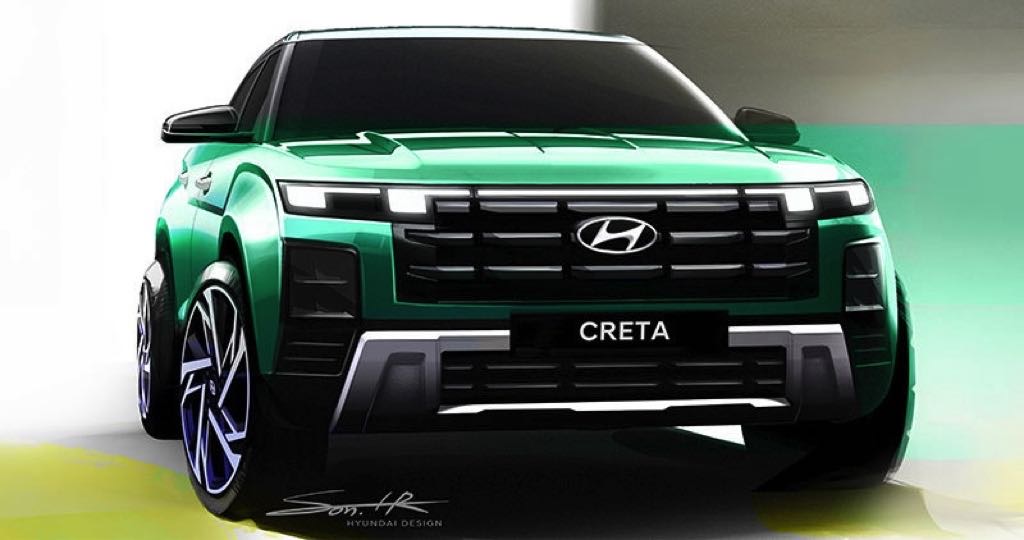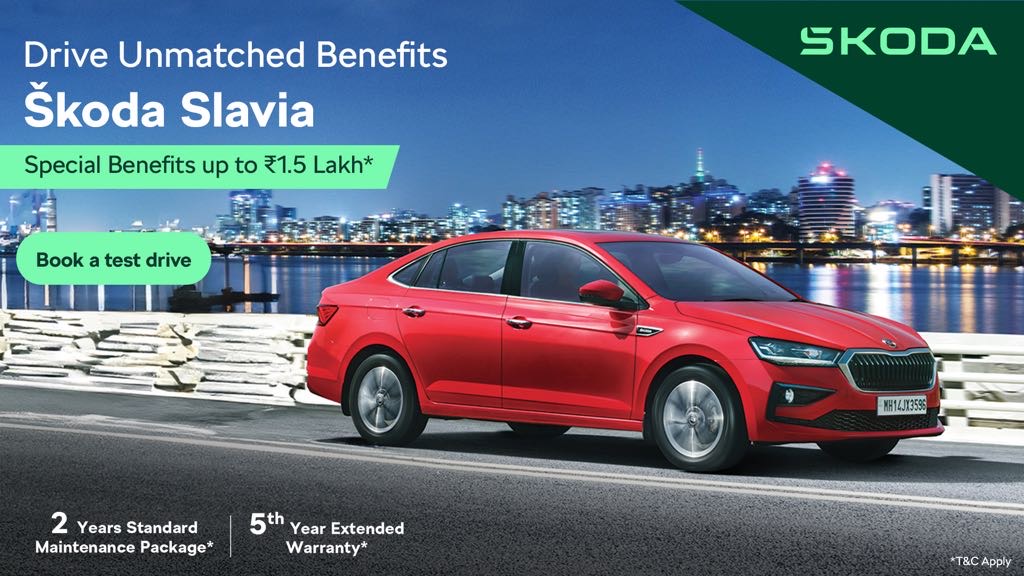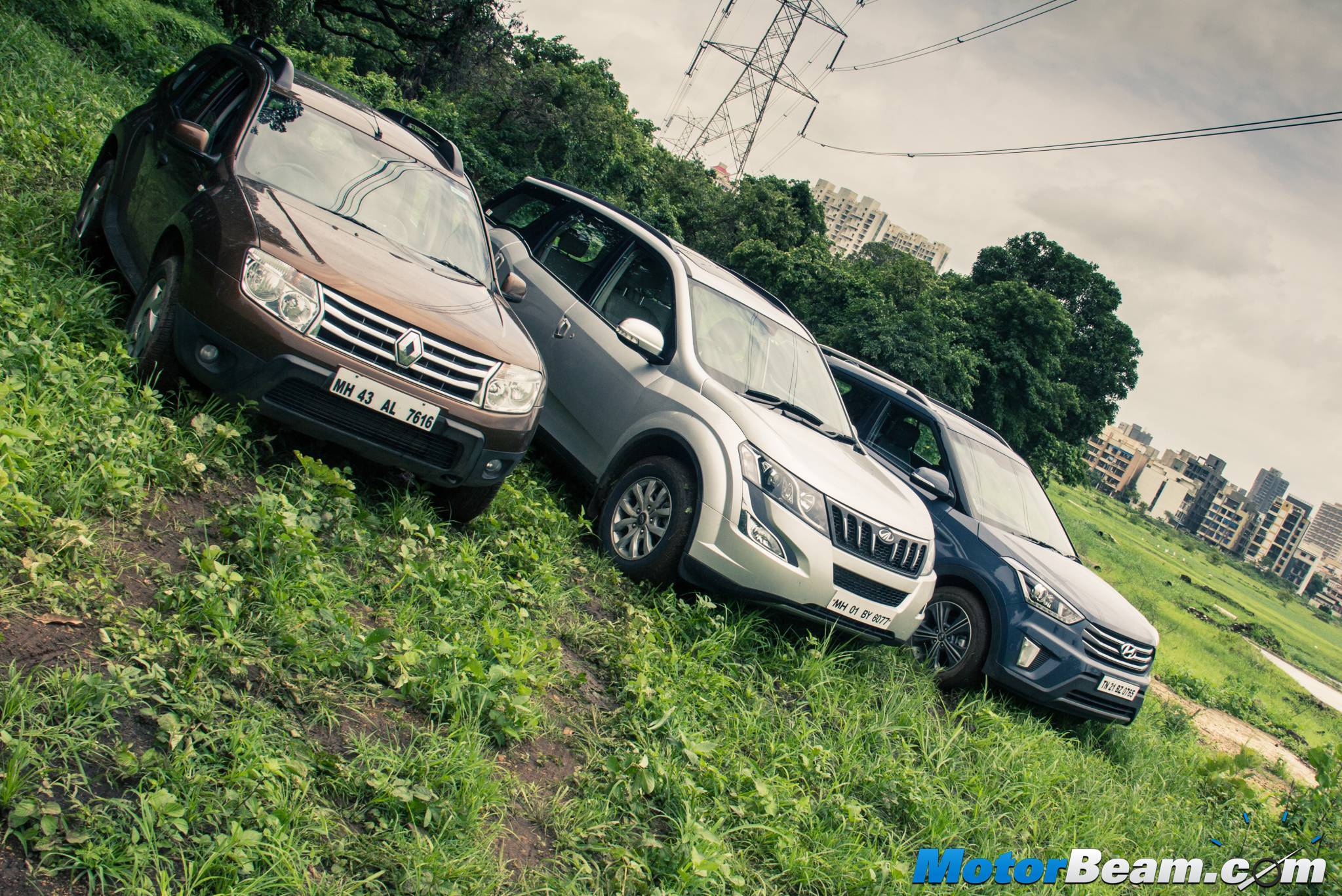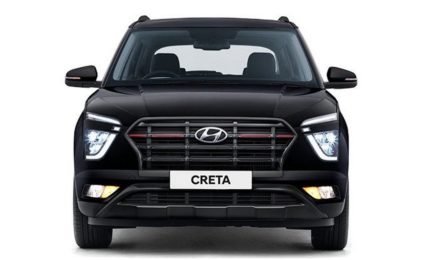
CEO, Tarung Garg confirms Hyundai Creta EV launch timeline in India
Hyundai Motor India has officially announced the launch of its first mass-market electric vehicle, the Creta EV, set for January 2025. Tarun Garg, CEO of Hyundai Motor India, confirmed this during a recent media call, highlighting the company’s strategy to leverage its learnings from the IONIQ 5 to ensure the success of the Creta EV.
The series production of the Creta EV will commence by the end of 2024 at Hyundai’s Chennai plant. The EV will be built alongside the standard Creta, sharing many components to manage costs effectively. However, the Creta EV will distinguish itself with specific design tweaks and features, aiming to compete in the growing EV market.
The Creta EV will face competition from several new entrants, including the Tata Curvv EV, MG ZS EV and the upcoming Maruti eVX. Notably, the Maruti eVX is expected to launch slightly later due to production delays.
While the Creta EV shares some commonality with the Kona Electric, it will feature unique elements to establish its identity. Key design changes include a closed-off grille, redesigned front and rear bumpers and aero-optimised alloy wheels. Inside, the Creta EV will sport a new steering wheel and a distinctive centre console design. Additionally, the drive selector will be positioned on the steering column, similar to the Kona Electric and the IONIQ 5.
The Creta EV will be equipped with an electric motor derived from the entry-level version of the new generation Kona Electric available overseas. This front-mounted motor will generate approximately 138 HP and 255 Nm of torque, powered by a 45 kWh battery pack. This battery capacity is slightly smaller than that of the MG ZS EV (50.3 kWh) and the Maruti eVX (48-60 kWh). The vehicle will also feature a front-mounted charging port, akin to the Kona EV.
Following the Creta EV, Hyundai plans to launch a mass-market compact EV in 2026, although details about this second localised EV remain undisclosed. Garg emphasised that the insights gained from the sales of the IONIQ 5 and Kona electric will be crucial in developing these future models. Hyundai has set an ambitious goal to introduce five EVs in India by 2030.
While EVs are the current priority, Hyundai is also considering the introduction of hybrid vehicles in the future, aiming to diversify its offerings and cater to varying market demands.





